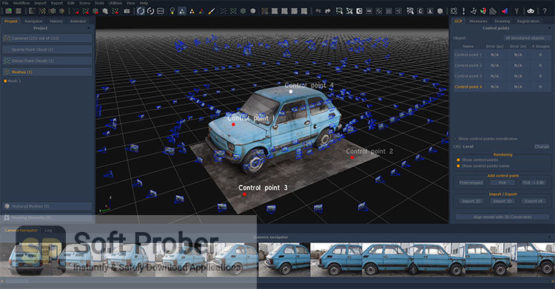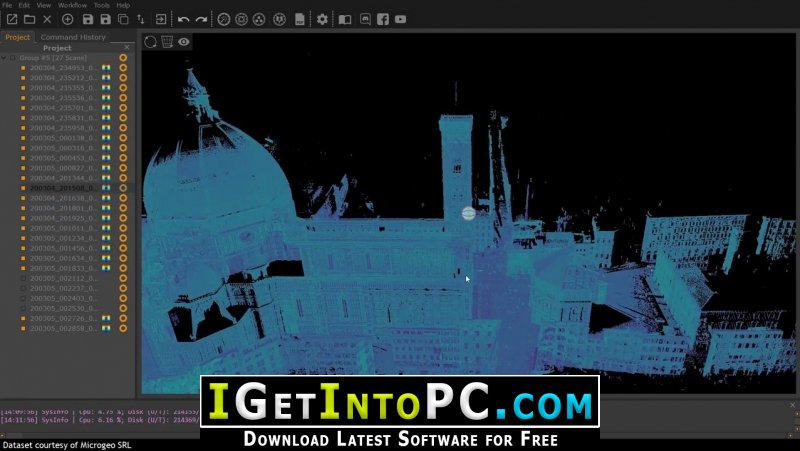
In practice, the 3D model formats supported in WebGL are dependent on these high-level libraries. There are high-level JavaScript libraries such as Three.js and Babylon.js that are designed to make WebGL more accessible and to help in application development. It is based on OpenGL ES (Embedded Systems) and natively supported by most modern desktop and mobile web browsers. WebGL is a JavaScript application programming interface (API) that enables interactive 3D graphics with advanced rendering techniques like physically based rendering within a browser. This is mainly due to the current limitations of WebGL technology. Despite the high degree of automation, some manual editing steps are still required in practice to achieve satisfactory results in terms of adequate visual quality. The integration is not only beneficial, but clearly productionally possible using available state-of-the-art tools that have become increasingly available also for non-expert users.

Compared to approaches using only photogrammetry or TLS, it is slower and more resource-heavy but combines complementary advantages of each method, such as direct scale determination from TLS or superior image quality typically used in photogrammetry.

Integrating photogrammetry and TLS is a good compromise for both geometric and texture quality. Close-range photogrammetry, terrestrial laser scanning (TLS) and their combination are compared using available state-of-the-art tools in a real-life project setting with real-life limitations. We demonstrated a developed, highly automated and integrated content creation process of providing reality-based photorealistic 3D models for the web.

The utilization of 3D measurement methods can drastically increase the production efficiency of 3D content in an increasing number of use cases where 3D documentation of real-life objects or environments is required.

The Internet has become a major dissemination and sharing platform for 3D content.


 0 kommentar(er)
0 kommentar(er)
